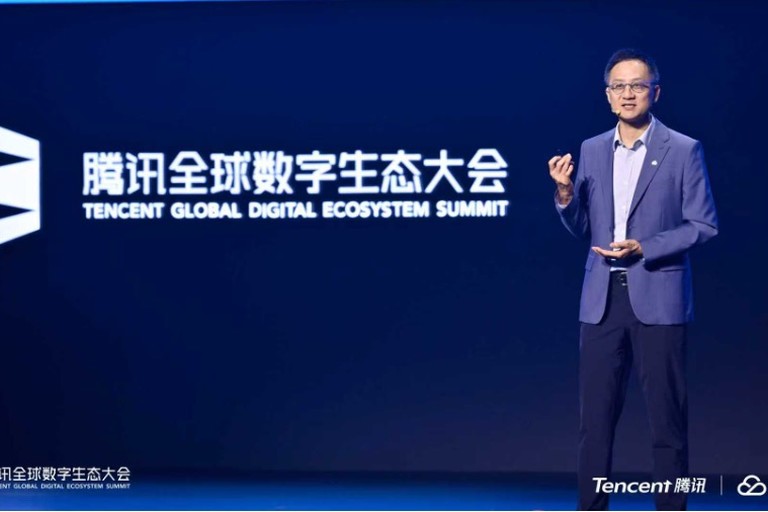Tencent’s mission is to enhance the quality of human life through Internet services. Artificial Intelligence (AI) enables us to do this in powerful new ways. Through both fundamental and applied research, we are advancing the state-of-the-art in the field, and applying AI to products and services that can make the benefits of AI accessible to everyone, everywhere.
We apply AI across key areas of our businesses to improve the user experience and support the growth of enterprise partners:
Content: to create more personalized recommendations for users and deliver new experiences
Social: to create more natural, engaging and entertaining interactions between humans and machines
Games: to connect the virtual and real worlds and enhance the gameplay experience
We are also pursuing key applications across industries:
Medical: to assist physicians in the early detection and prevention of disease
Agriculture: to help farmers grow more food using fewer resources
Industrial: to assist companies to upgrade their capabilities through AI
Manufacturing: to help businesses optimize their infrastructure and operations
We believe AI has tremendous potential to improve productivity, increase business agility, enhance customer engagement and accelerate product innovation. We aim to help enterprises achieve digital upgrade by applying advanced technology, a deep understanding of connections and user behavior, and our ecosystem to create AI breakthroughs that can solve business challenges.
Thousands of Tencent researchers work at our offices around the globe. Key research areas include machine learning, natural language processing, computer vision, and speech recognition.
Machine learning research covers machine learning theory, numeric optimization, large scale distributed computing, heterogeneous computing, supervised, unsupervised and reinforcement learning.
Natural language processing research covers semantic analysis, knowledge reasoning, question answering & chat, and machine translation.
Speech recognition research covers speech enhancement, acoustic/language modeling, and text-to-speech.
Computer vision research covers image and video editing, pattern matching, generation, analysis, and understanding, object detection, tracking and recognition, optical character recognition, 3D vision, simultaneous localization, and mapping and vision-based reinforcement learning.





